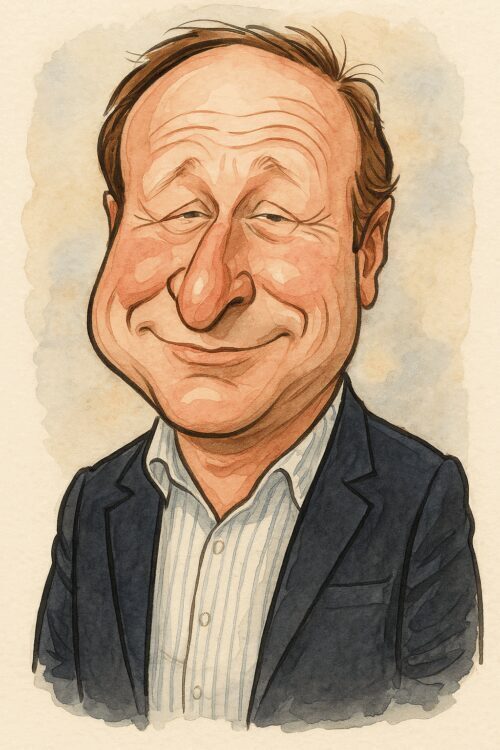Nigel Le Vaillant
Nigel Le Vaillant brought quiet intensity to everything from “Casualty’s” Dr. Julian Chapman to “dangerfield‘s” eponymous GP sleuth. His was the thinking woman’s crumpet – handsome but cerebral, with a voice that could make medical jargon sound poetic.
“dangerfield” showcased his range, mixing medical drama with mystery and wry humor. Le Vaillant made the improbable premise work through sheer conviction, his dangerfield more interested in patients than puzzles.
Now a respected acting coach, his legacy lives on in a generation of actors he’s trained. As Chapman might say: “The best diagnoses come from listening, not lecturing.”
“
